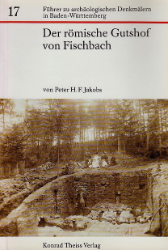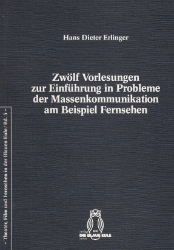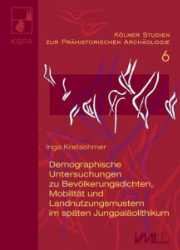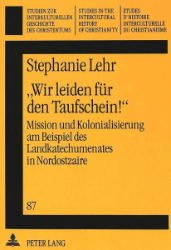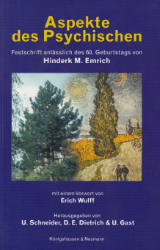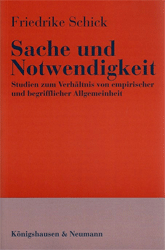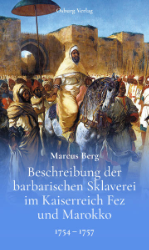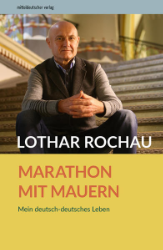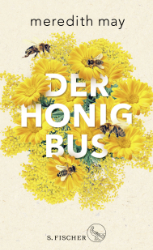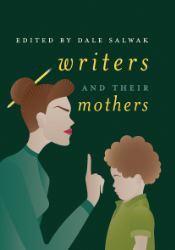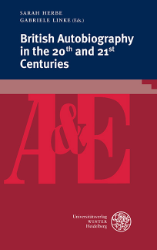
British Autobiography in the 20th and 21st Centuries
Edited by Sarah Herbe & Gabriele Linke. Acht englischsprachige exemplarische Studien zu verschiedenen Medien, Formen und Themen des britischen autobiografischen Schreibens zeigen die Kreativität und Vielfalt sowohl autobiografischer Texte als auch analytischer Ansätze. Die Beiträge konzentrieren sich überwiegend auf nicht-kanonische Texte, darunter einige der beliebtesten zeitgenössischen autobiografischen Genres wie Graphic Memoirs, Fan-Autobiografien, Memoiren von Menschen mit Behinderungen oder Blogs. Dabei werden beispielsweise Fragen zu Genre, Ethik und Identität sowie Anregungen für die Lehre behandelt. - Aus dem Inhalt: Sarah Herbe and Gabriele Linke: Introduction. - Ralf Schneider: The Autobiography of the First World War. - James Fenwick: "Freddie, Can You Talk?" The Ethics of Betrayal in Frederic Raphael’s Memoir "Eyes Wide Open" (1999). - Sarah Herbe: Online Self-Presentation and -Promotion in Jeanette Winterson's Column (2000-2014). - Simone Herrmann: Graphic Isolation? Imagining Contemporary Britain in Graphic Memoirs. - Markus Oppolzer: Teaching (British) Autobiographical Comics. - Katrin Röder: Acknowledging Anger, Problematising Shame: Affirming New Identities in British Women’s Disability Autobiographies. - Cyprian Piskurek: I Support Therefore I Am. British Football Fan Autobiographies. - Gabriele Linke: Between Ethnography and Ecology. Autobiographical Narratives from Rural Scotland since the Second World War. - Autobiographies are among the bestselling books in Britain, and beside the book format, other forms of autobiographical expression such as blogging and vlogging flourish, too. As a response to this 'autobiography boom' since the late 20th century, the study of life writing has developed into a vibrant field of research. Although there have been many British contributions to the field, a collection that assembles critical views on the variety of contemporary British autobiographical writing has still been missing. This volume cannot close this gap and provide a comprehensive overview on recent British autobiography but brings together exemplary studies of different media, forms and issues of British autobiographical writing, testifying to the creativity and diversity of both autobiographical texts and analytical angles. Contributions focus predominantly on non-canonical texts, including some of the most popular contemporary autobiographical genres, such as graphic memoirs, fan autobiographies, disability memoirs, or blogs, addressing, for example, questions of genre, ethics and identity as well as ideas for teaching. 207 Seiten mit 8 Abb., broschiert (anglistik & englischunterricht; Band 87/Universitätsverlag Winter 2017)

